Have you ever wondered what’s going on in your cat’s mind when you walk out the door? As you turn the key and head off to work, does your feline friend even notice? This question has puzzled cat owners for generations, sparking debates and discussions. Cats, known for their independent nature, might seem aloof and indifferent, but is that really the case? Let’s dive into the world of cats and explore whether they truly care when you leave the house.
Understanding Feline Independence
Cats are often labeled as independent creatures. Unlike dogs, who are pack animals, cats have evolved as solitary hunters. This independence can make it seem like they don’t care about our comings and goings. However, this perception might not tell the whole story. While cats can be self-sufficient, they also form bonds with their human companions. Just because they don’t always show it doesn’t mean they don’t care. Their independence is more about survival instincts than emotional detachment.
Signs Your Cat Notices Your Absence
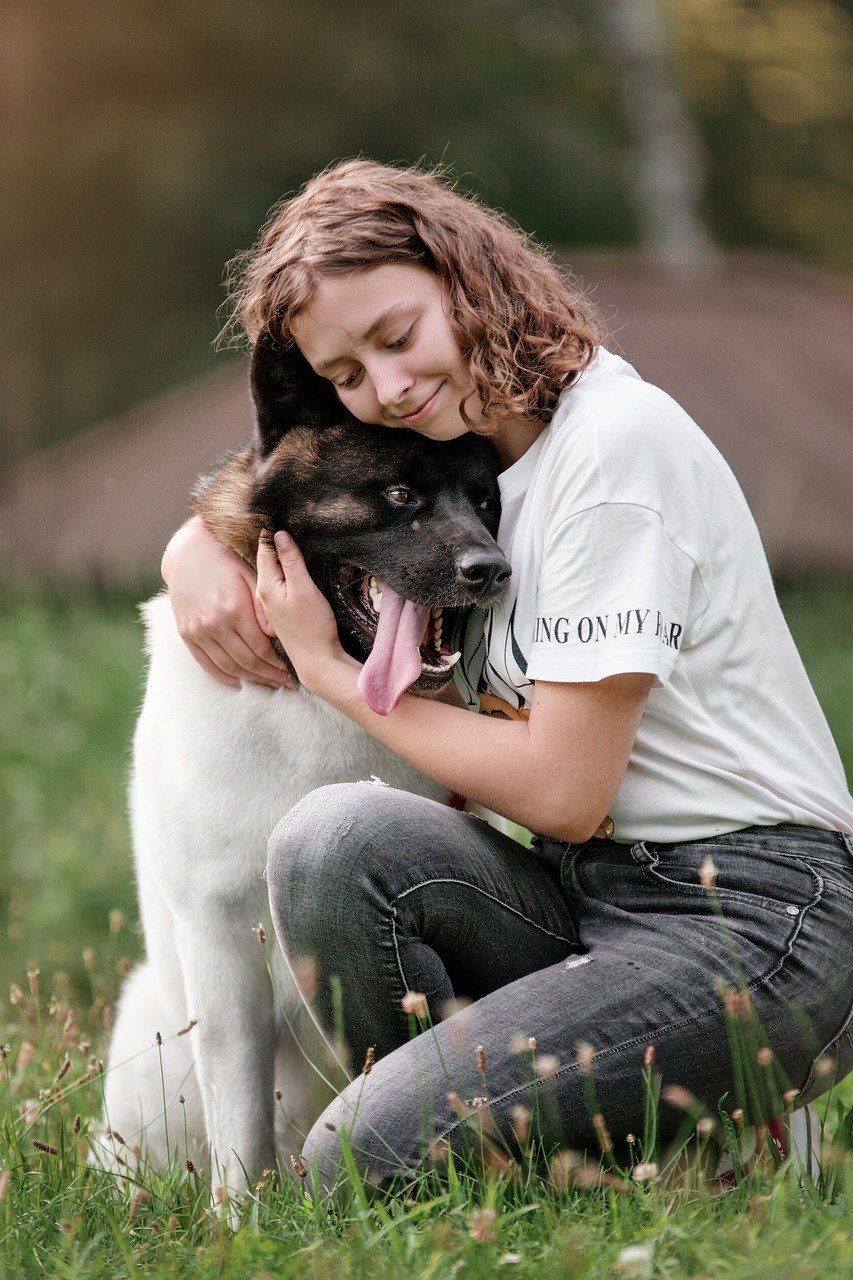
Even if your cat doesn’t meet you at the door or follow you around the house, there are subtle signs they notice your absence. Some cats might wait by the window or door, anticipating your return. Others might vocalize more when you’re gone, as if calling out for you. These behaviors suggest that cats are aware of their owner’s absence, even if they don’t express it in obvious ways. Cats may also show signs of anxiety or stress when their routine is disrupted, indicating they miss their human’s presence.
The Role of Routine in a Cat’s Life
Routine is crucial in a cat’s life. They thrive on predictability and familiarity. When you leave the house, it disrupts their routine, which can be unsettling for some cats. This disruption might not be about missing you per se, but rather about the change in their daily schedule. Cats are creatures of habit, and any change can be a significant event in their world. So, when you leave, it might not be you they miss, but rather the routine that comes with your presence.
Do Cats Experience Separation Anxiety?
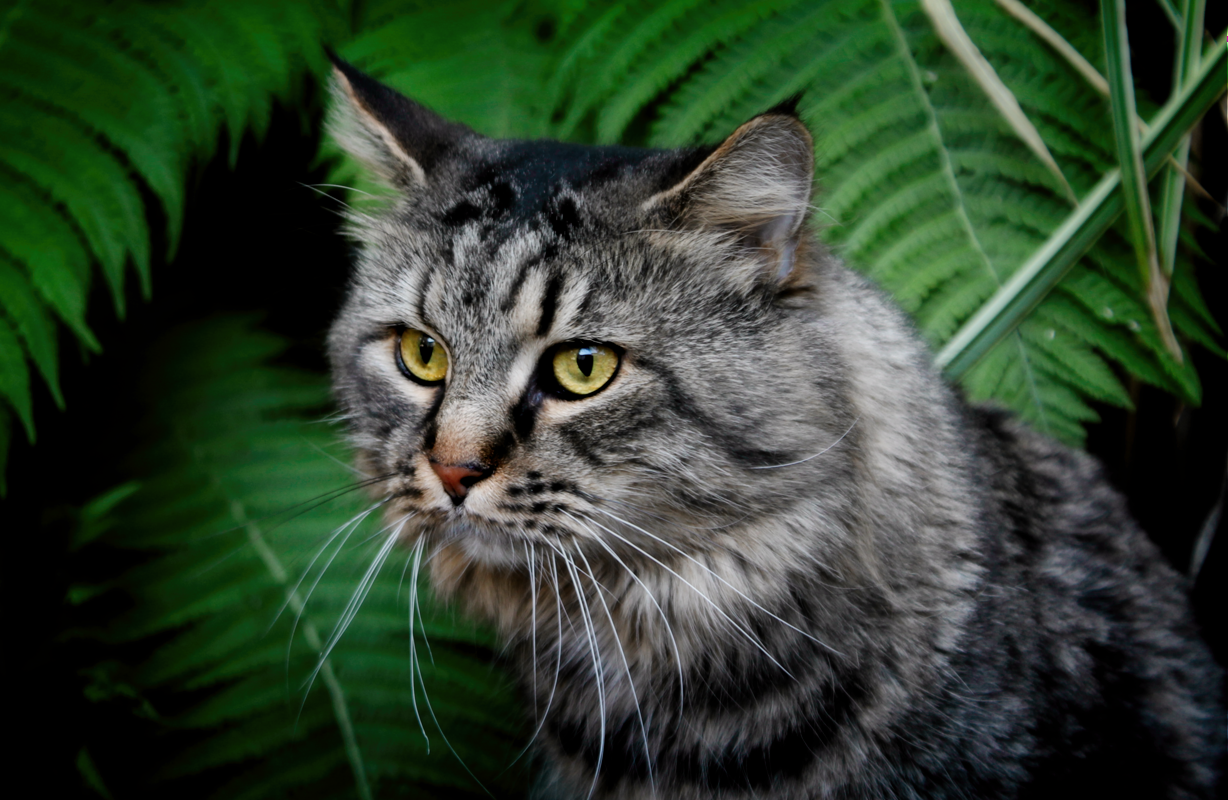
Separation anxiety is often associated with dogs, but cats can experience it too. While it’s less common, some cats do exhibit signs of distress when left alone. This can include excessive meowing, destructive behavior, or inappropriate elimination. These behaviors are not just about boredom; they can be a sign that your cat is anxious about being separated from you. Understanding these signs can help you provide the comfort and reassurance your cat needs.
How Cats Show Affection
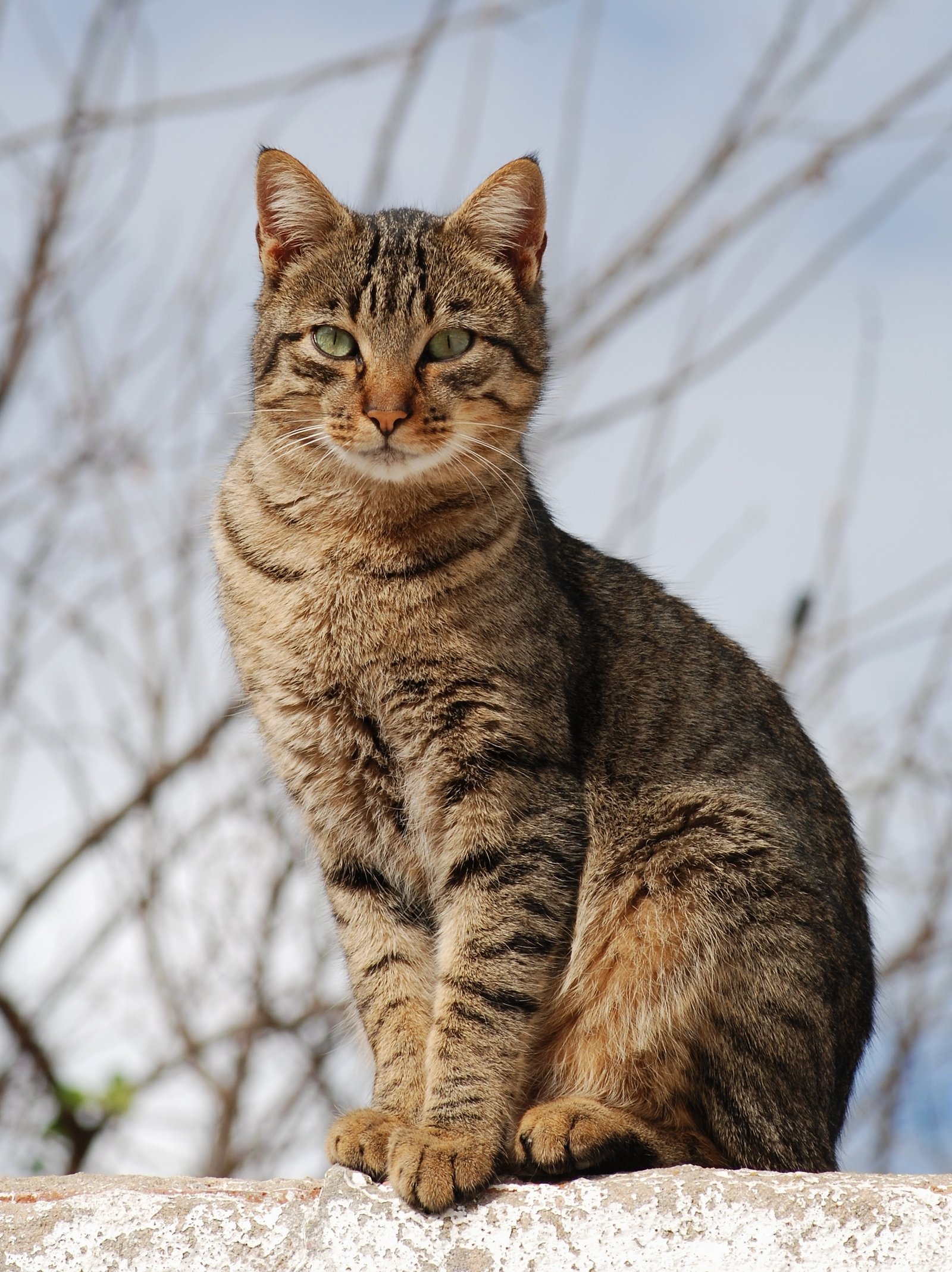
Cats have unique ways of showing affection. While they may not wag their tails or lick your face like a dog, they have their own subtle signals. Rubbing against you, purring, or even slow blinking are all signs of affection. These gestures indicate that your cat values your presence and enjoys your company. So, when you leave, it’s possible they miss the opportunity to express their affection in these ways. Understanding these signs can deepen the bond between you and your feline friend.
The Impact of Your Departure on a Cat’s Behavior
Your absence can have a noticeable impact on your cat’s behavior. Some cats become more lethargic, while others might become more active in your absence. This change in behavior can be a sign that they are adjusting to your absence in their own way. Cats might also become more vocal or seek out comfort items, like your clothing, to feel closer to you. These behaviors suggest that your departure does affect them, even if they don’t show it in the way we expect.
Ways to Help Your Cat Cope
If you suspect your cat is affected by your absence, there are ways to help them cope. Providing stimulating toys, interactive feeders, or even a window perch can keep them entertained while you’re away. Some cat owners find that leaving a piece of clothing with their scent can comfort their cat. Additionally, establishing a routine that includes playtime and affection before you leave can reassure your cat that you’ll return. These small gestures can make a big difference in how your cat handles your absence.
The Science of Cat Emotions
Recent studies suggest that cats are more emotionally complex than we once thought. They have the capacity to form attachments and experience a range of emotions. While they might not express these emotions in the same way as humans or dogs, they are there nonetheless. Understanding the science behind cat emotions can help us appreciate the depth of their feelings and the bonds they form with us. This knowledge can change how we view our feline companions and their reactions to our absence.
Do Cats Prefer Solitude?
While cats value their independence, it doesn’t mean they prefer solitude all the time. Many cats enjoy social interaction and seek out companionship when it’s available. They might not need constant attention, but they do appreciate the presence of their human companions. This balance between independence and social interaction is what makes cats unique. They can be both solitary and social creatures, depending on their mood and the situation.
Understanding Your Cat’s Personality
Each cat has a unique personality, which influences how they react to your absence. Some cats are naturally more social and affectionate, while others are more reserved. Understanding your cat’s personality can help you predict how they’ll react when you leave. A social cat might be more affected by your absence than a more independent one. By recognizing these individual differences, you can tailor your approach to meet your cat’s specific needs.
The Role of Age in a Cat’s Response
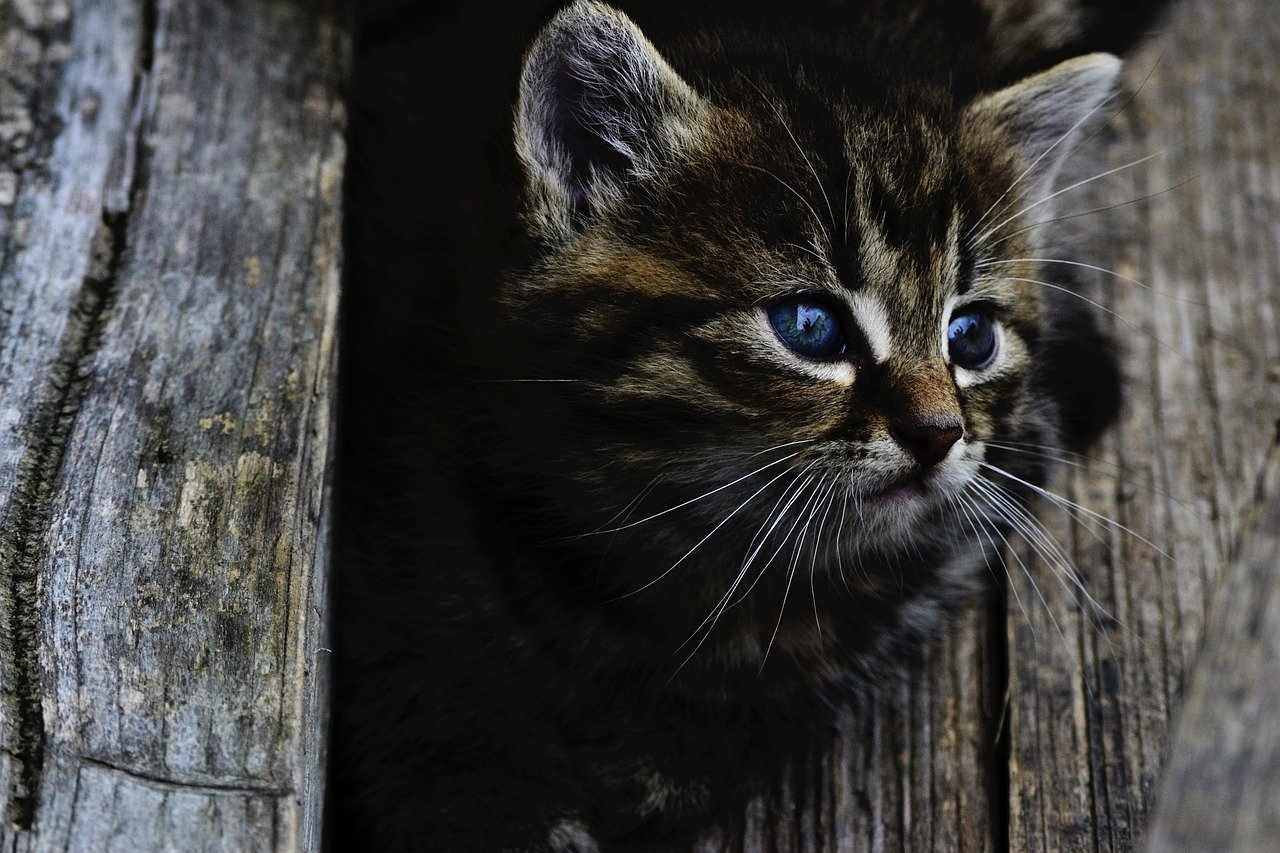
A cat’s age can also influence how they react to your absence. Kittens and younger cats might be more playful and less concerned when you’re gone, while older cats might be more set in their routines and miss your presence more acutely. Senior cats, in particular, might seek more comfort and reassurance. Understanding the role of age can help you provide the right level of support for your cat, ensuring they feel secure and loved even when you’re not around.
How Cats Communicate Their Needs
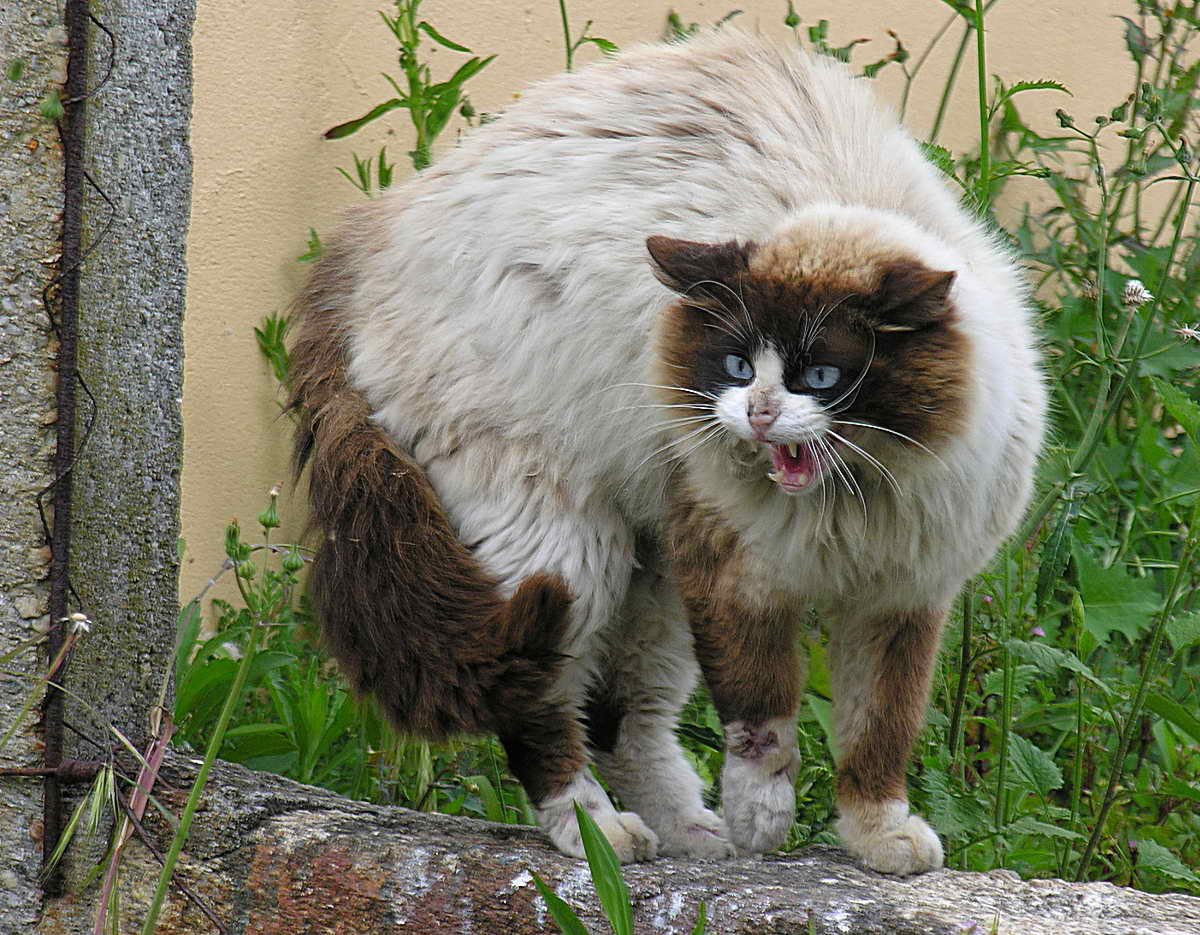
Cats are excellent communicators, even if their methods are subtle. They use body language, vocalizations, and behavior to convey their needs and emotions. When you’re gone, they might use these methods to express their feelings. For instance, an increase in vocalization or changes in litter box habits can be a way for them to communicate their distress. Being attuned to these signals can help you better understand and respond to your cat’s needs.
The Importance of Bonding Time
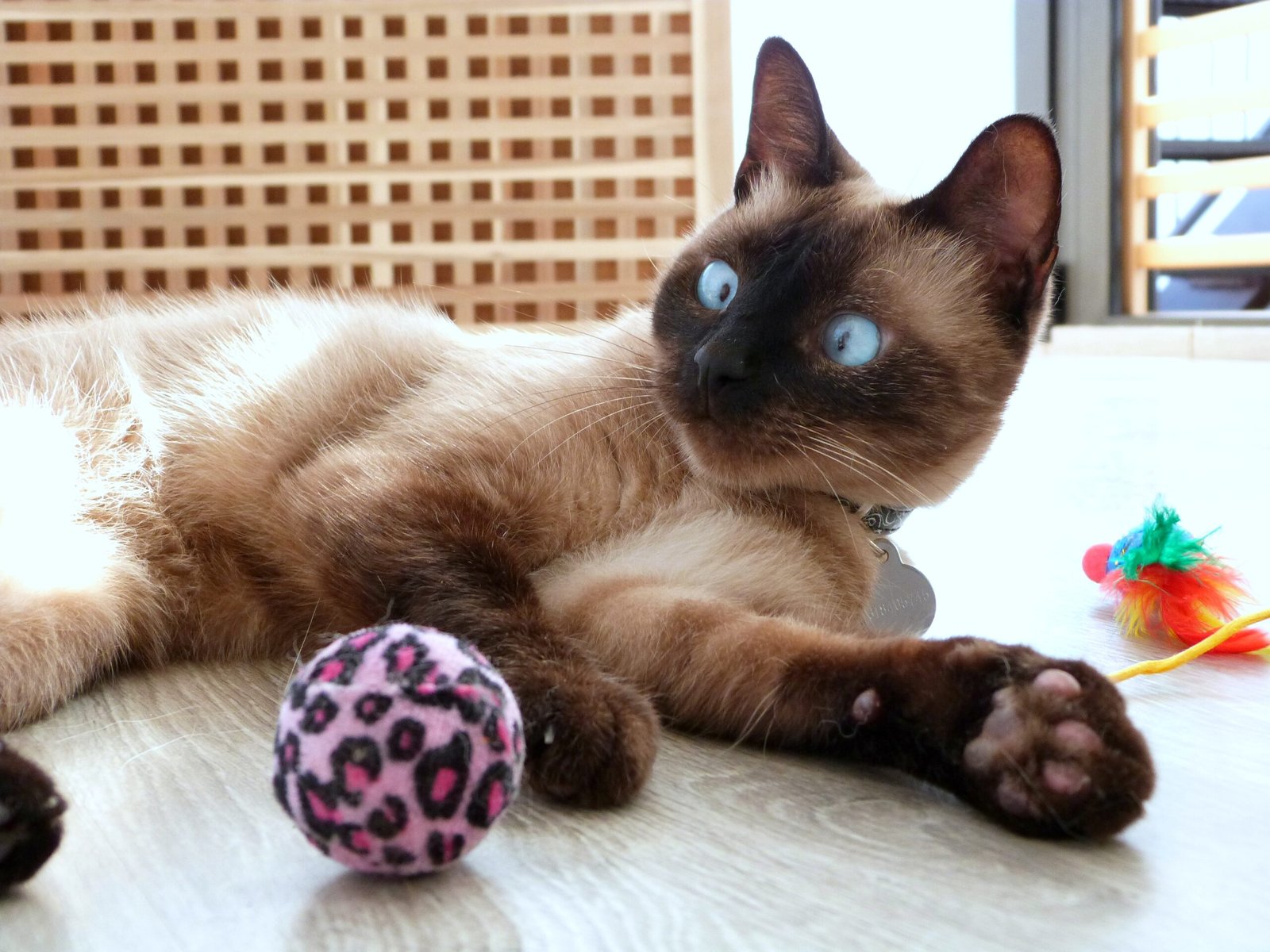
Spending quality time with your cat is essential for building a strong bond. This time can reassure your cat of your affection and help them feel secure. Regular playtime, grooming, or simply sitting together can strengthen your relationship. When you invest time in bonding with your cat, it can make your absence less distressing for them. They know that even when you’re gone, you’ll return to spend time with them again.
Can Cats Recognize Time?
One intriguing question is whether cats have a sense of time. While they don’t read clocks, they are aware of time in their own way. Cats can recognize patterns and predict when certain events will happen, such as feeding or your return from work. This awareness helps them anticipate your routine and feel more secure. Understanding this aspect of cat behavior can help you create a predictable environment that comforts your cat when you’re not around.
Creating a Cat-Friendly Environment
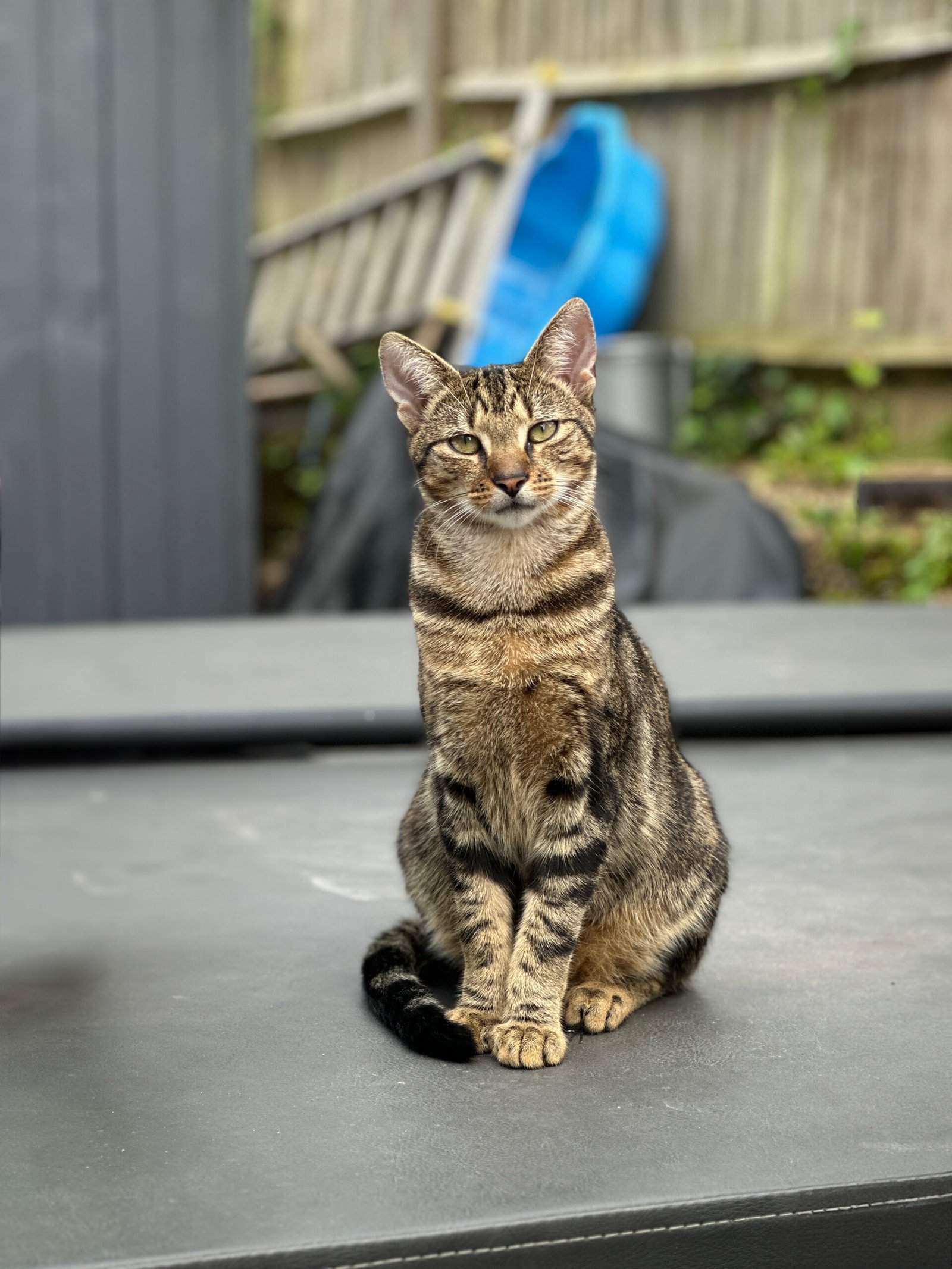
A cat-friendly environment can make a significant difference in how your cat copes with your absence. Providing vertical spaces, scratching posts, and cozy resting spots can keep your cat entertained and comfortable. A stimulating environment can reduce boredom and anxiety, making your absence less impactful. By creating a space that caters to your cat’s natural instincts, you can help them feel more at ease when you’re away.
The Role of Scent in Cat Behavior
Scent plays a crucial role in a cat’s world. They use it to communicate, mark territory, and find comfort. Leaving items with your scent, like clothing or bedding, can provide reassurance to your cat when you’re gone. This familiar scent can remind them of your presence and help them feel less alone. Understanding the importance of scent can help you create a comforting environment for your cat in your absence.
Do Cats Hold Grudges?
Cats are known for their complex personalities, leading some to wonder if they hold grudges when left alone. While cats can remember past events, they don’t hold grudges in the same way humans do. They may react to your absence by being aloof or distant upon your return, but this is more about readjusting to your presence than holding a grudge. Understanding this can help you approach your cat with patience and understanding when you reunite.
The Benefits of a Companion Animal
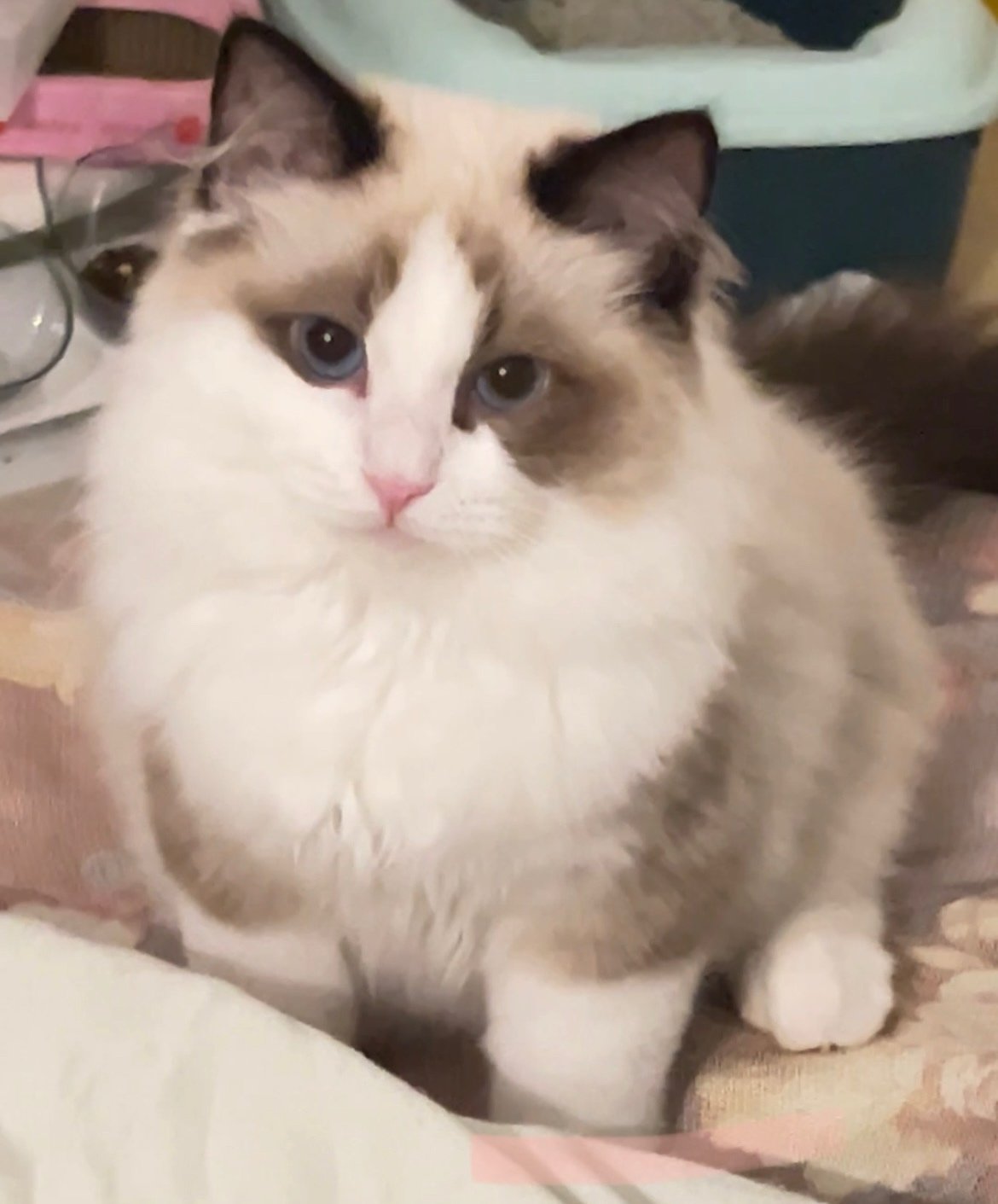
For some cats, having a companion animal can ease the stress of your absence. Whether it’s another cat or a friendly dog, a companion can provide social interaction and comfort. However, it’s essential to consider your cat’s personality and preferences before introducing another animal. A companion can be a great solution for some cats, but it’s not the right choice for every feline. Understanding your cat’s needs can help you make the best decision for their well-being.
What Does Science Say?
Scientific studies on cat behavior and emotions have provided insights into how cats perceive human absence. Research suggests that cats form attachments and can experience emotions like anxiety and loneliness. These findings challenge the stereotype of cats as aloof and indifferent. By understanding the science behind cat behavior, we can appreciate the depth of their emotions and the bonds they form with us.
In conclusion, while cats may not show their emotions as openly as other animals, they do care when you leave the house. Their subtle behaviors and signs of affection indicate that they value your presence and miss you when you’re gone. Understanding these nuances can help you provide the love and support your cat needs, ensuring a happy and healthy relationship. So, the next time you leave the house, remember that your cat might just be waiting for your return with a warm purr and a loving gaze.
Hi, I’m Bola, a passionate writer and creative strategist with a knack for crafting compelling content that educates, inspires, and connects. Over the years, I’ve honed my skills across various writing fields, including content creation, copywriting, online course development, and video scriptwriting.
When I’m not at my desk, you’ll find me exploring new ideas, reading books, or brainstorming creative ways to solve challenges. I believe that words have the power to transform, and I’m here to help you leverage that power for success.
Thanks for stopping by, Keep coming to this website to checkout new articles form me. You’d always love it!






